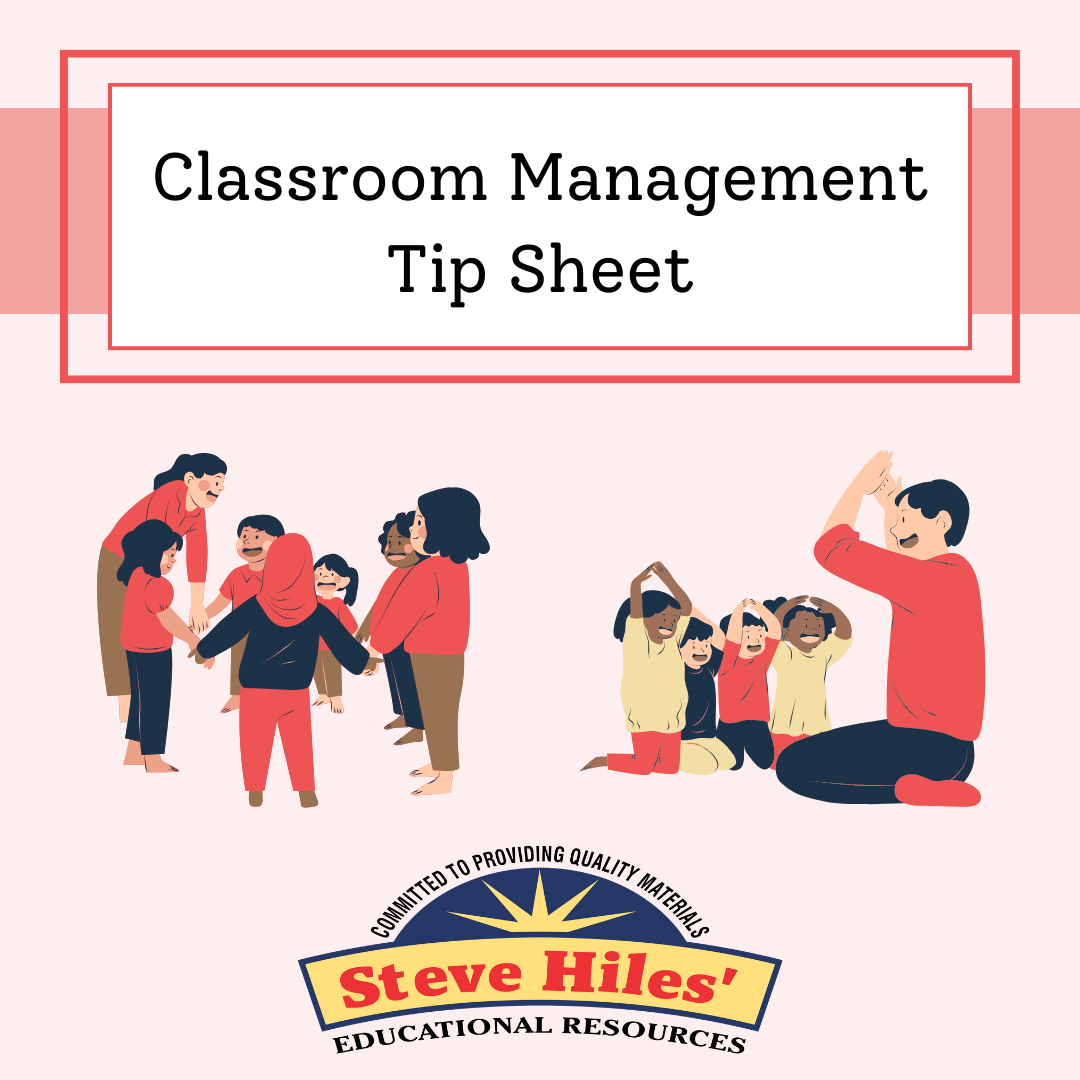Schools are now opening around the world with alternative days in many areas and hopefully soon things will return to normal. Children will be returning back to school after summer vacation, and teachers will have to establish rules and procedures, to ensure a well-disciplined class.
Their perceptions about school and about themselves as learners will be in flux. It’s a new year with new teachers, new books, new classes, new schedules, and new friends. All of these new things come with the hope this year could be different and better than all previous years.
That flexibility in their perceptions continues only until teachers administer the first quizzes and assessments. When teachers assign grades to those first quizzes.
The first two weeks of the school year is the honeymoon period.
Students are eager and wanting to please. They’re bright and happy and on their best behavior, for the most part. They take seriously your teaching of rules and consequences, and it shows. Which is wonderful, of course, and proof that you’ve done well laying out your expectations.
But there is a danger lurking.
You see, it’s easy to get so caught up in how well things are going that you make small, barely perceptible decisions that cause trouble down the line.
For example:
One of your best students asks a question without raising their hand and you answer back. After giving your signal to line up, three students approach to ask if you want to join them for lunch and you enthusiastically accept. During group work, one student leaves their group to ask another group member an on-topic question and you let it go.
In and of themselves, these behaviors appear harmless. But if they cross the line, if they break your rules as you defined them for your students, then you just took your first step down a very slippery slope.
You’ve sent a message to the entire class that you don’t really mean what you say and have now put yourself in position to judge subjectively when and whether a student deserves a consequence—that’s not cool.
Meaning, your classroom management plan will be based not on objective truth, but on who is breaking the rule, how you feel in the moment, or how disruptive the behavior.
You’ve also made being consistent nearly impossible and opened yourself up to the very common tendency to be more permissive as the year goes on.
The result of which is certain resentment, disrespect, and more and more misbehavior. You see, minor, seemingly harmless misbehavior in the beginning always leads to major disruptions once the honeymoon period ends.
When there is no definitive boundary that both you and your students know and understand without question, then they’ll push and push until you either lose control or reestablish where the line is.
The Critical First Two Weeks of School are about proving that you’re a person of your word, that you really do mean what you say. So many students have had teachers in the past who post rules and consequences, but only kinda-sorta follow them. And they assume you’ll be like all the rest.
So much so that you’ll be tested in small and subtle ways right off the bat. And they’ll all be watching how you respond—thus making your consistency those first two weeks of school everything.
So how do you do it? How do you make sure you begin on the right foot? –by following through 100% of the time.
First, you must know precisely what does and doesn’t constitute breaking your rules. Because if you’re unsure, then you can’t possibly be consistent.
Second, just knowing how critical it is, knowing that your very peace of mind, and effectiveness is tied to your commitment to your classroom management plan makes it far easier to stick to your word.
And third, every day before school begins take a few minutes to sit by yourself. Close your eyes, take a few deep breaths, and then decide, make a conscious decision, to follow your classroom management plan as it’s written, no matter what.
Visualize yourself recognizing misbehavior when it happens, calmly enforcing your plan like a referee, and then moving on as if nothing happened.
No hesitating, no waffling, no judging. Just fulfilling the promise you made to your students to protect their right to learn and enjoy school.
It’s a simple strategy that takes less than five minutes a day but is remarkably effective. And here’s the good news: Once you prove that you can be trusted to do what you say you’ll do, everything gets easier.
Your students will stop challenging you. They’ll stop sticking a toe—or their whole body—over the line. They’ll stop probing and testing to see if you’re just another wishy-washy pushover.
Instead, they’ll be free within your boundaries to focus on learning, making new friends, and truly enjoying being in your classroom.
And you’ll be free to love teaching.
The first day of school isn’t just about setting the tone for your students. It’s also about setting the tone for yourself. You’re laying the groundwork, developing the habits of exceptional teaching and classroom management.
The keys above not only position you for a successful first day, but for a successful year. They instill in you a demeanor and style that allow you to naturally build rapport, elicit devotion, and cause your students to want to behave.
They make them receptive to your instruction and nodding along in agreement with your soaring expectations.
They pave the way for the best school experience your students have ever had.
Here are some of the things to take in account before you begin your first day at school. There are 5 tips I want to share with you.
Table of Contents
Toggle1. Be Likable
The old maxim that you shouldn’t smile the first two months of the school year is terrible advice. In fact, you should lavish your smile upon your students. It’s easy to get so caught up in your objectives that you forget the human connection. A genuine smile creates instant likability, builds effortless rapport, and activates the power of reciprocation.
2. Be Calm
Your calm demeanor alone, without having to say a word, has a powerful effect on students, much more than most teachers realize. It settles first-day jitters. It allays fears and uncertainties. It sweeps away misbehavior-causing excitability, and allows your students to focus on you and your message.
It also helps establish the peaceful but focused learning environment you want by providing an example for your students to follow. Fill your classroom with positive, all-is-well vibrations, and they’ll respond in kind.
3. Be Clear
When it comes to effective classroom management, clarity trumps all. Present every lesson, activity, and transition with utter simplicity. Pause often while speaking, make eye contact to assess understanding, and model explicitly through each moment of your instruction.
It’s critical in the beginning for your students to develop the habit of successfully listening and understanding everything you teach. In this way, as you move on to more complex, multi-step material, they’ll be right with you.
4. Be Confident
If you’re unsure about what to do next, if you hem and haw, repeat yourself, change your mind, think out loud, speak too much or too fast, or appear befuddled, you’ll lose your students. A compelling teacher perpetually provides value. They’re worth following and listening to.
To engender confidence and begin grooving the habit of keen attentiveness, you must make your words count. When giving instruction, tell your students only what they need to know. Be direct and concise. Speak with conviction and don’t waste their time. They’ll remember everything you say.
5. Be Fun
For many, many reasons—which we’ll cover in a future episode—it’s important that your students leave for the day happy and excited about the upcoming school year. It’s important that they run home and excitedly tell their parents how much they like you and love being in your classroom.
Although playing a first-day, getting-to-know-you game is a great idea, it’s your personality that will resonate the most. It’s your openness to laughter, your generous spirit, and your love and enthusiasm for teaching that will shine the brightest and mean the most.







